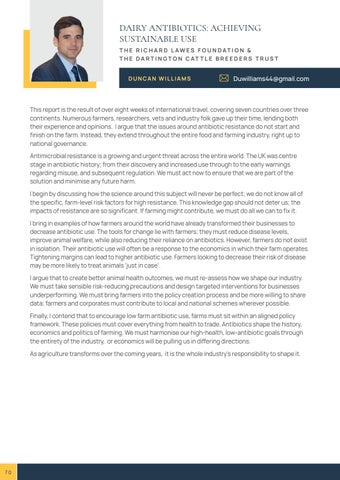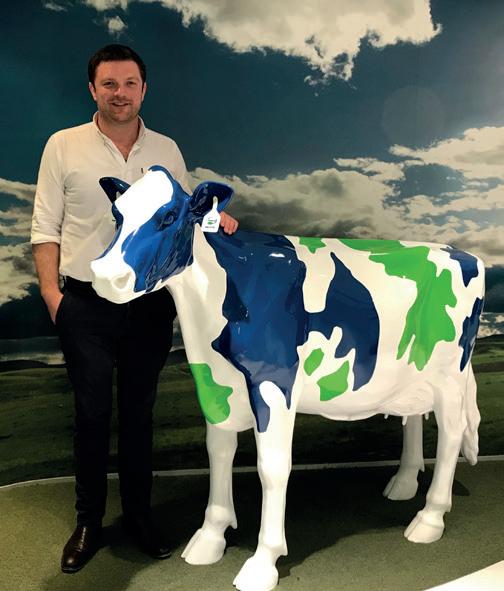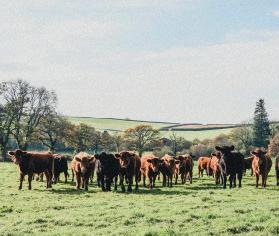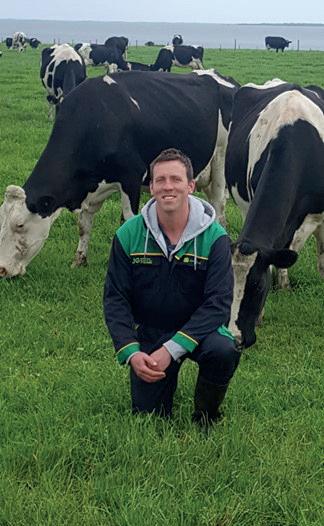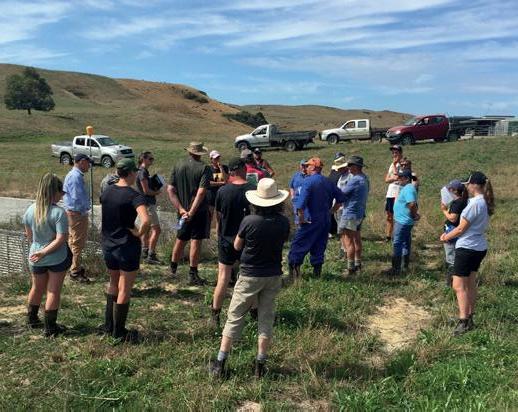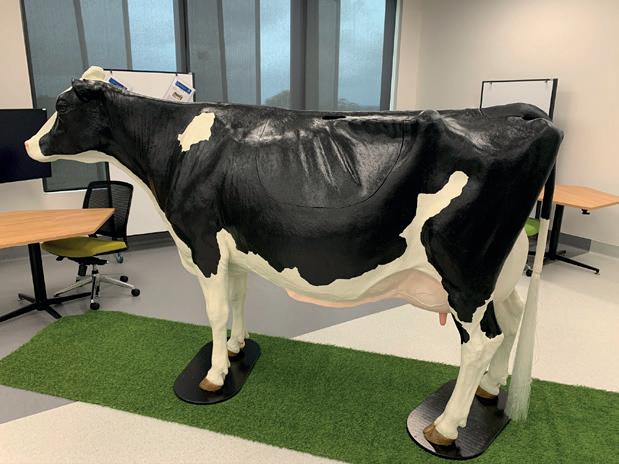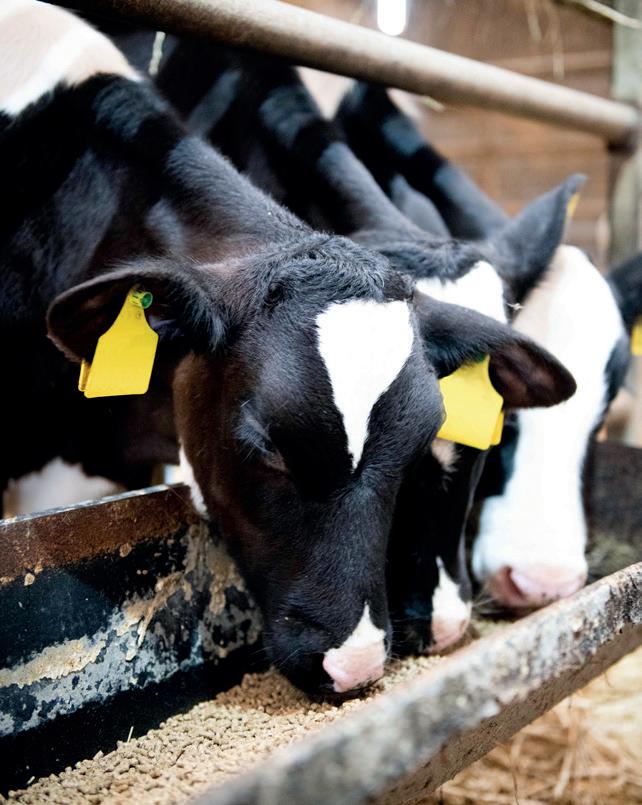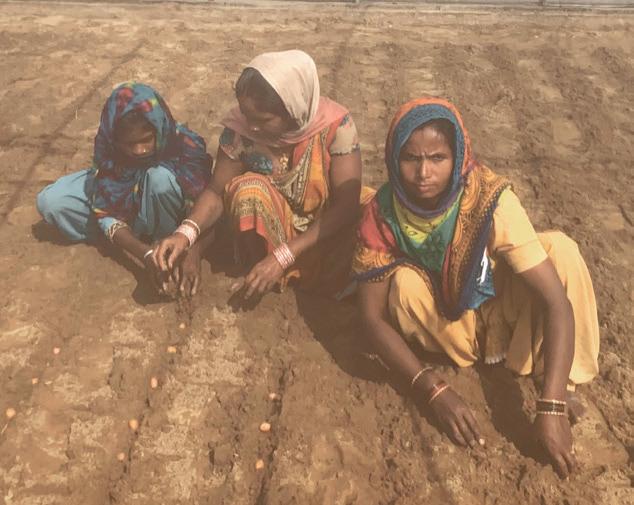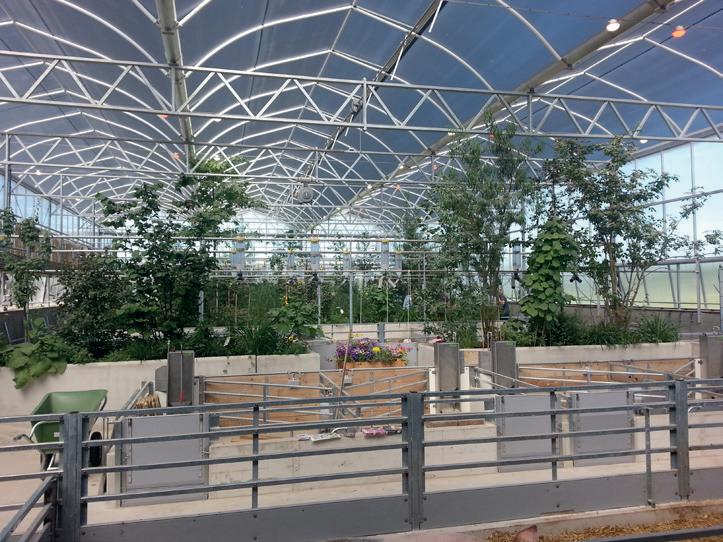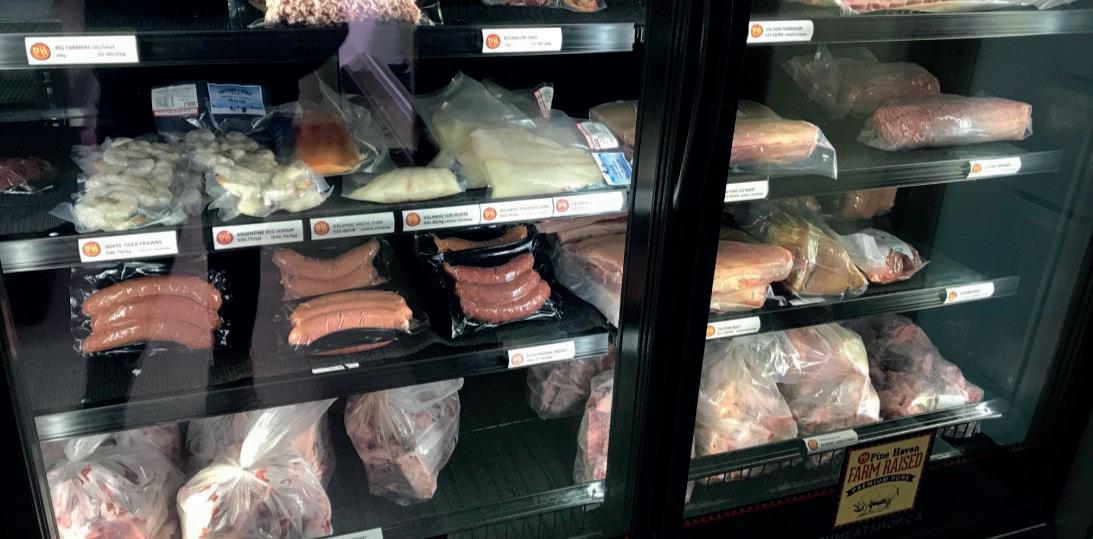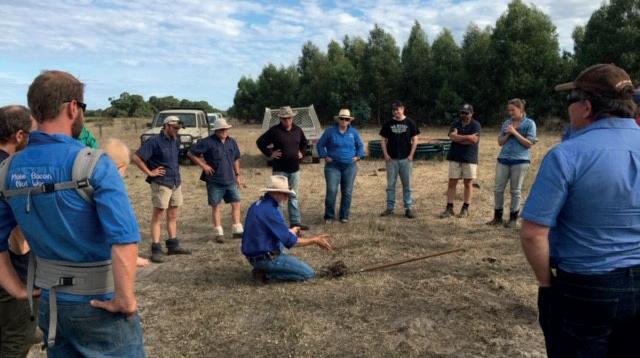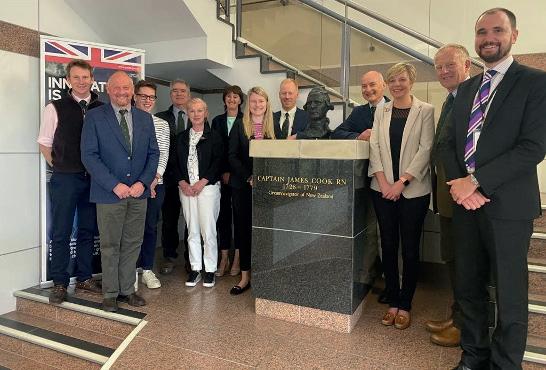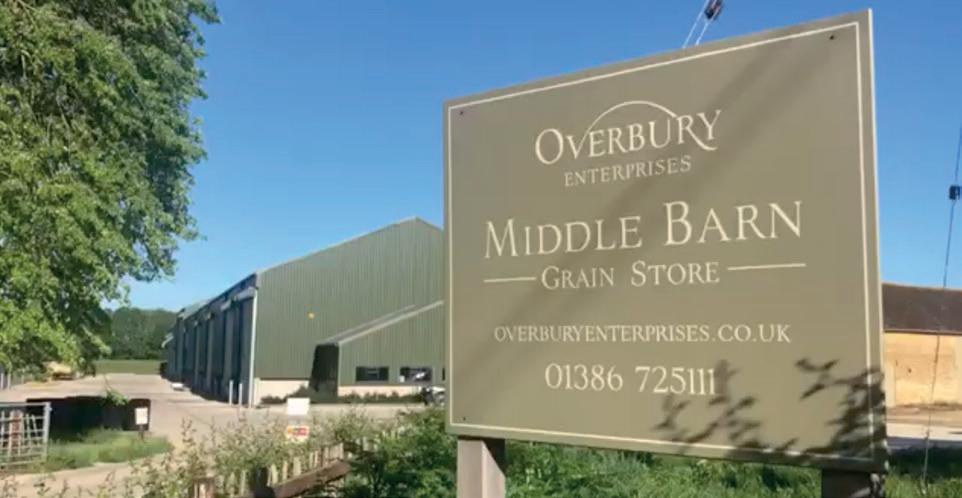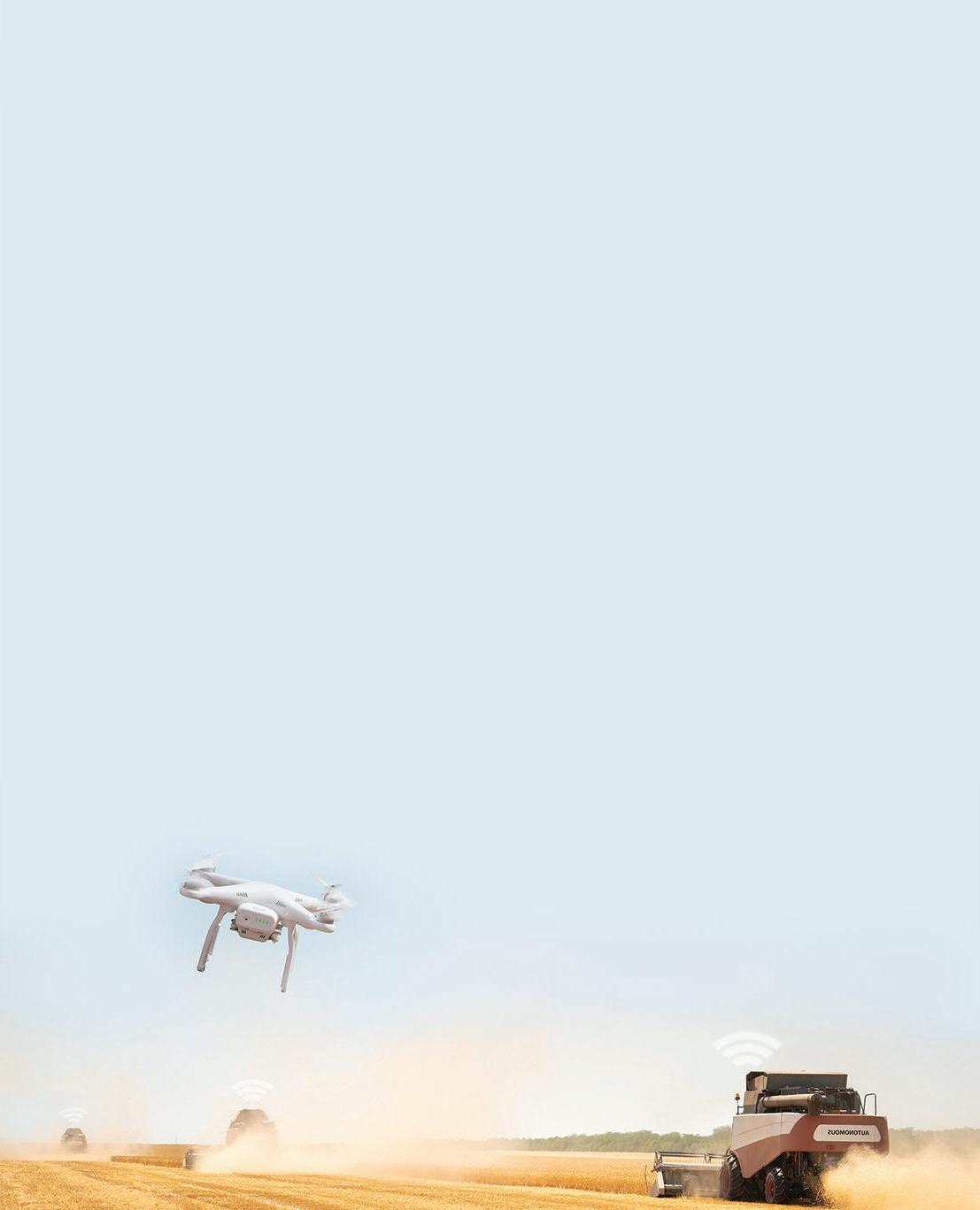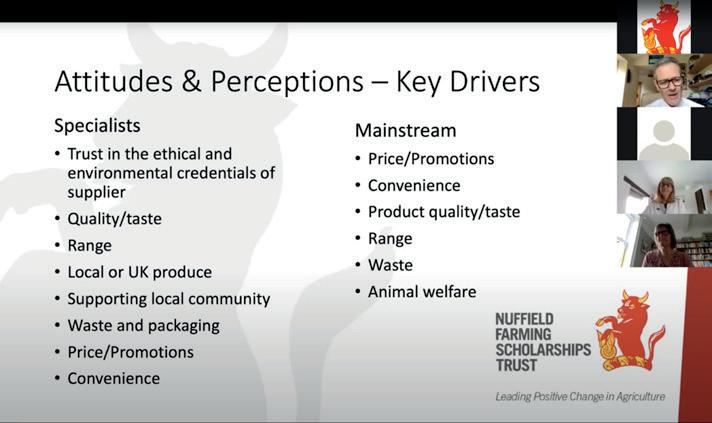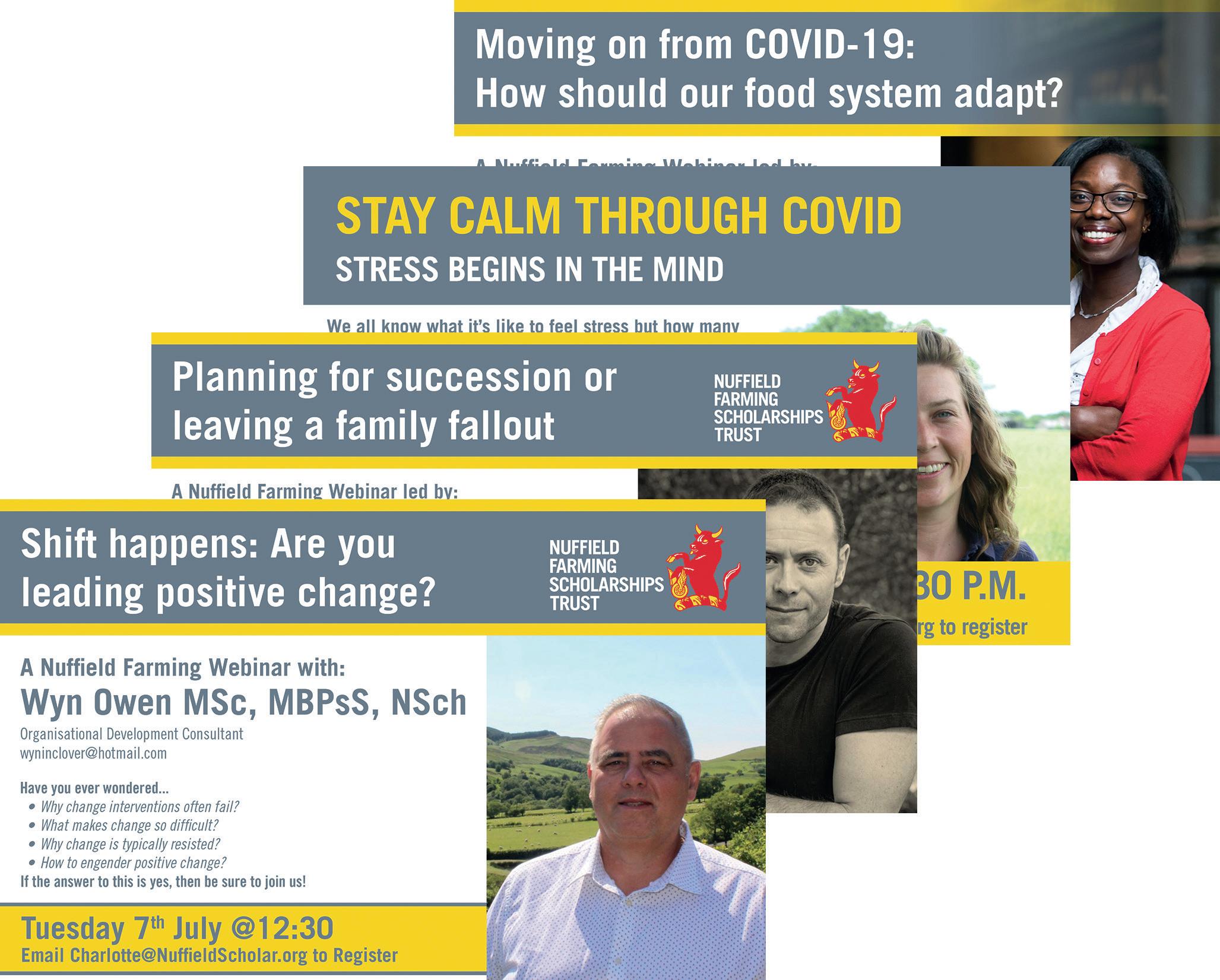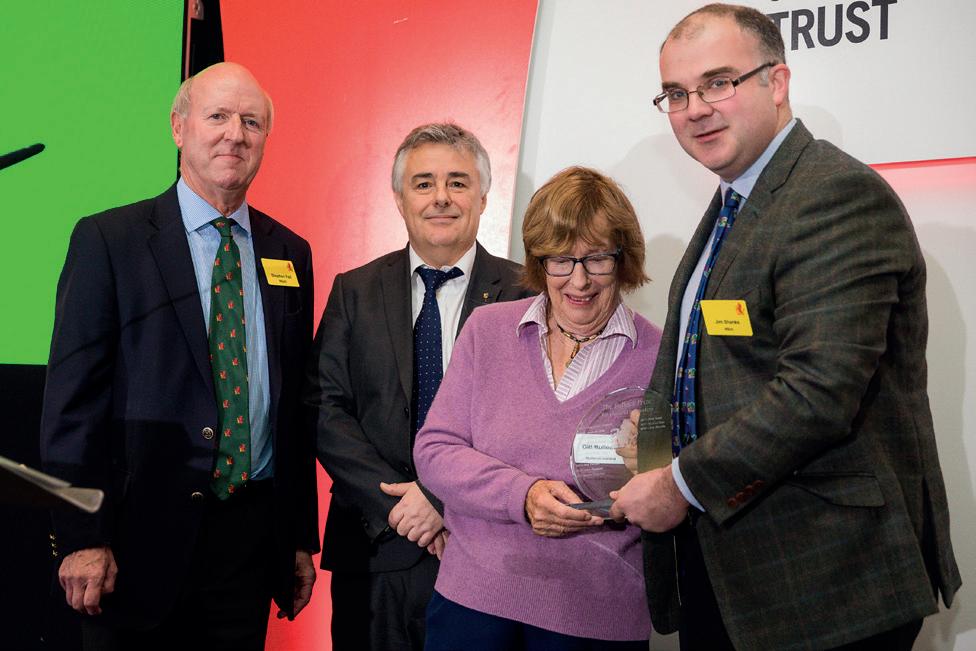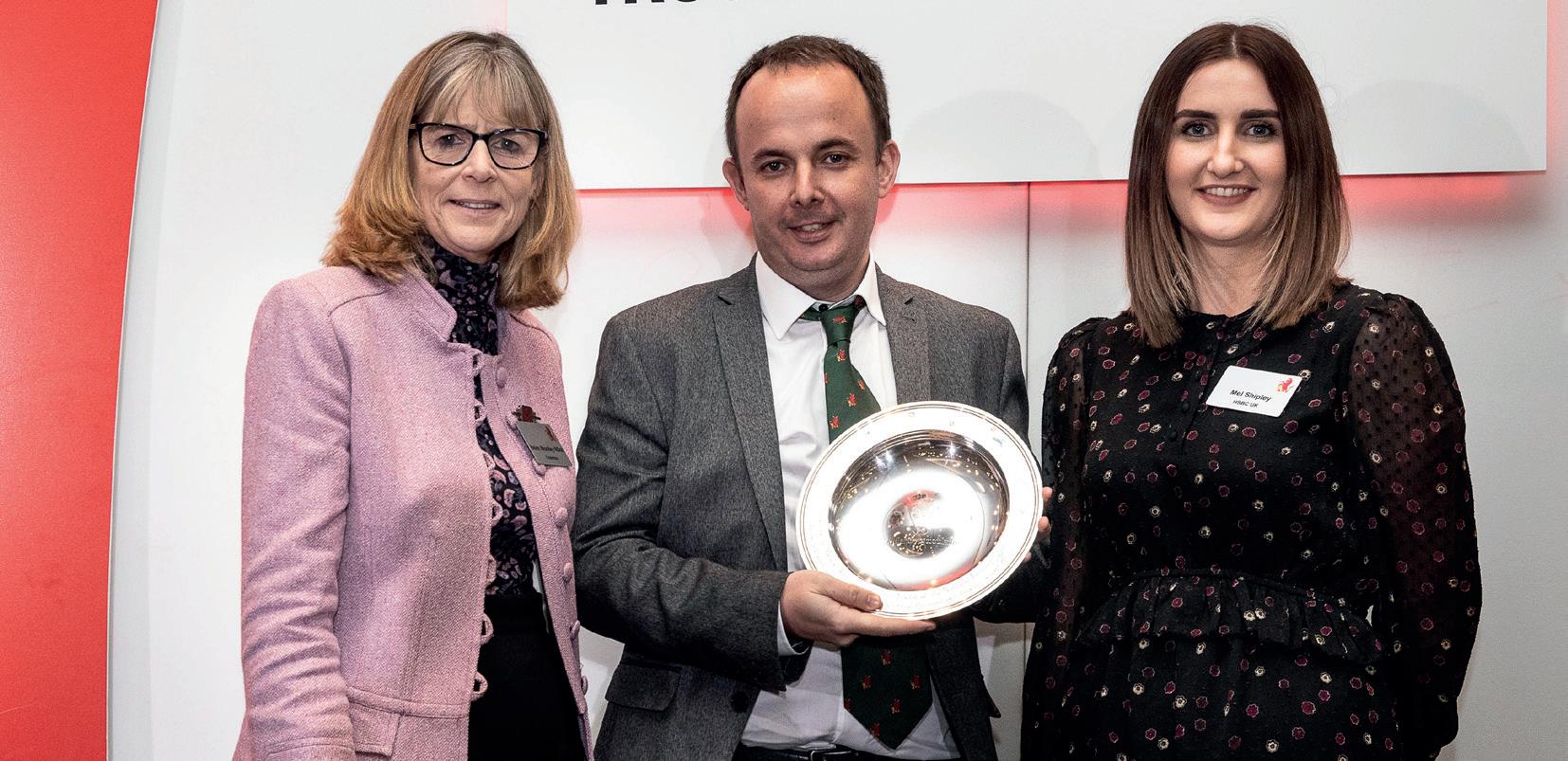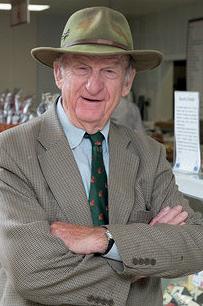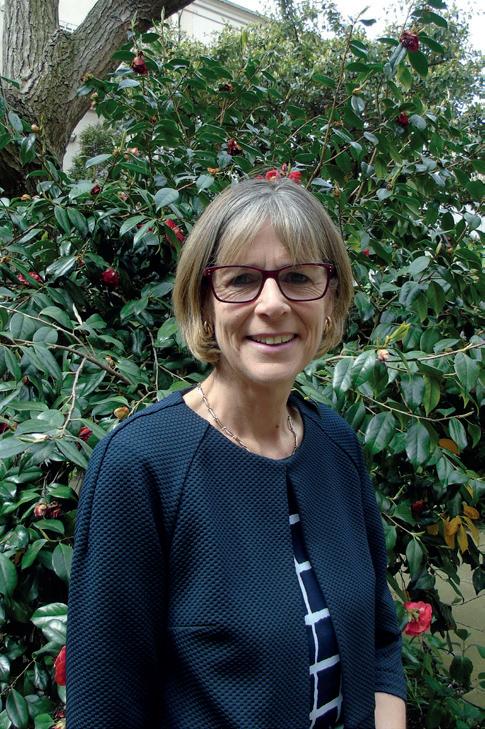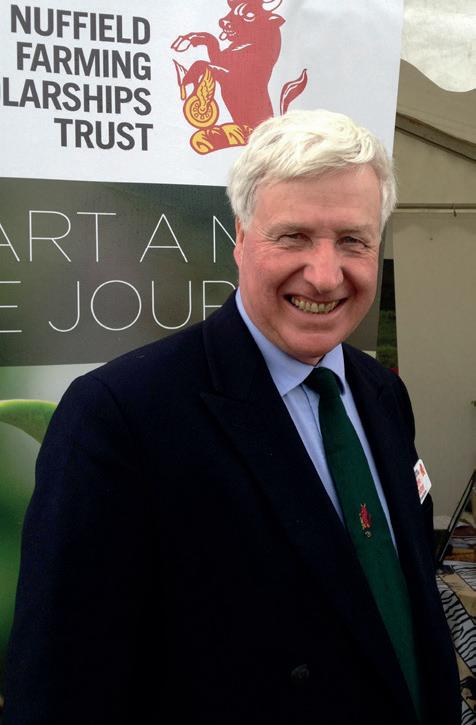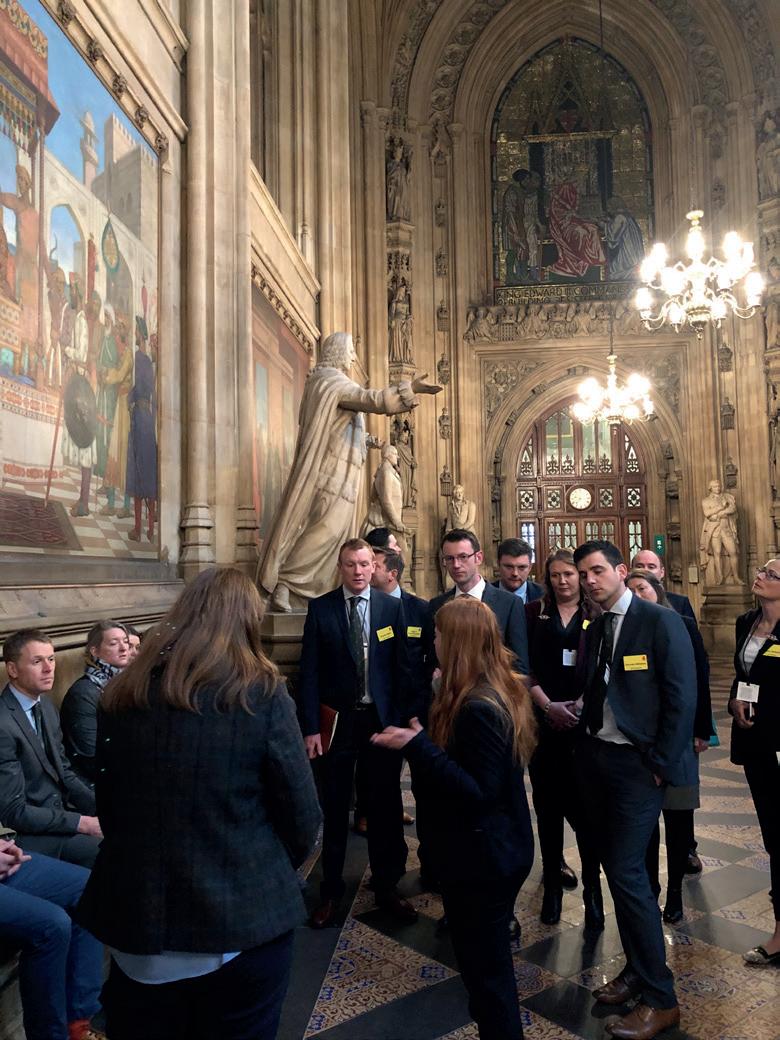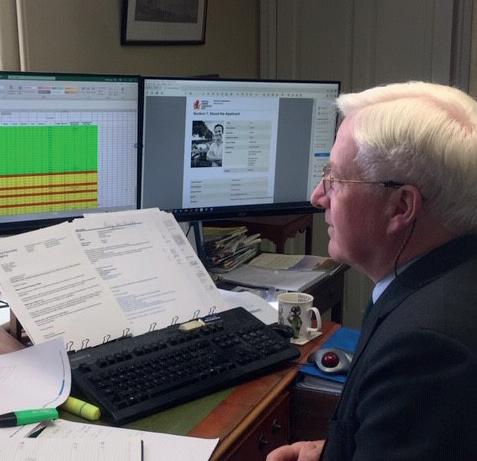DAIRY ANTIBIOTICS: ACHIEVING SUSTAINABLE USE T H E R I C H A R D L AW E S F O U N D AT I O N & T H E DA R T I N GT O N CAT T L E B R E E D E R S T R US T DUNCAN WILLIAMS
Duwilliams44@gmail.com
This report is the result of over eight weeks of international travel, covering seven countries over three continents. Numerous farmers, researchers, vets and industry folk gave up their time, lending both their experience and opinions. I argue that the issues around antibiotic resistance do not start and finish on the farm. Instead, they extend throughout the entire food and farming industry, right up to national governance. Antimicrobial resistance is a growing and urgent threat across the entire world. The UK was centre stage in antibiotic history; from their discovery and increased use through to the early warnings regarding misuse, and subsequent regulation. We must act now to ensure that we are part of the solution and minimise any future harm. I begin by discussing how the science around this subject will never be perfect; we do not know all of the specific, farm-level risk factors for high resistance. This knowledge gap should not deter us; the impacts of resistance are so significant. If farming might contribute, we must do all we can to fix it. I bring in examples of how farmers around the world have already transformed their businesses to decrease antibiotic use. The tools for change lie with farmers; they must reduce disease levels, improve animal welfare, while also reducing their reliance on antibiotics. However, farmers do not exist in isolation. Their antibiotic use will often be a response to the economics in which their farm operates. Tightening margins can lead to higher antibiotic use. Farmers looking to decrease their risk of disease may be more likely to treat animals ‘just in case’. I argue that to create better animal health outcomes, we must re-assess how we shape our industry. We must take sensible risk-reducing precautions and design targeted interventions for businesses underperforming. We must bring farmers into the policy creation process and be more willing to share data; farmers and corporates must contribute to local and national schemes wherever possible. Finally, I contend that to encourage low farm antibiotic use, farms must sit within an aligned policy framework. These policies must cover everything from health to trade. Antibiotics shape the history, economics and politics of farming. We must harmonise our high-health, low-antibiotic goals through the entirety of the industry, or economics will be pulling us in differing directions. As agriculture transforms over the coming years, it is the whole industry’s responsibility to shape it.
70
